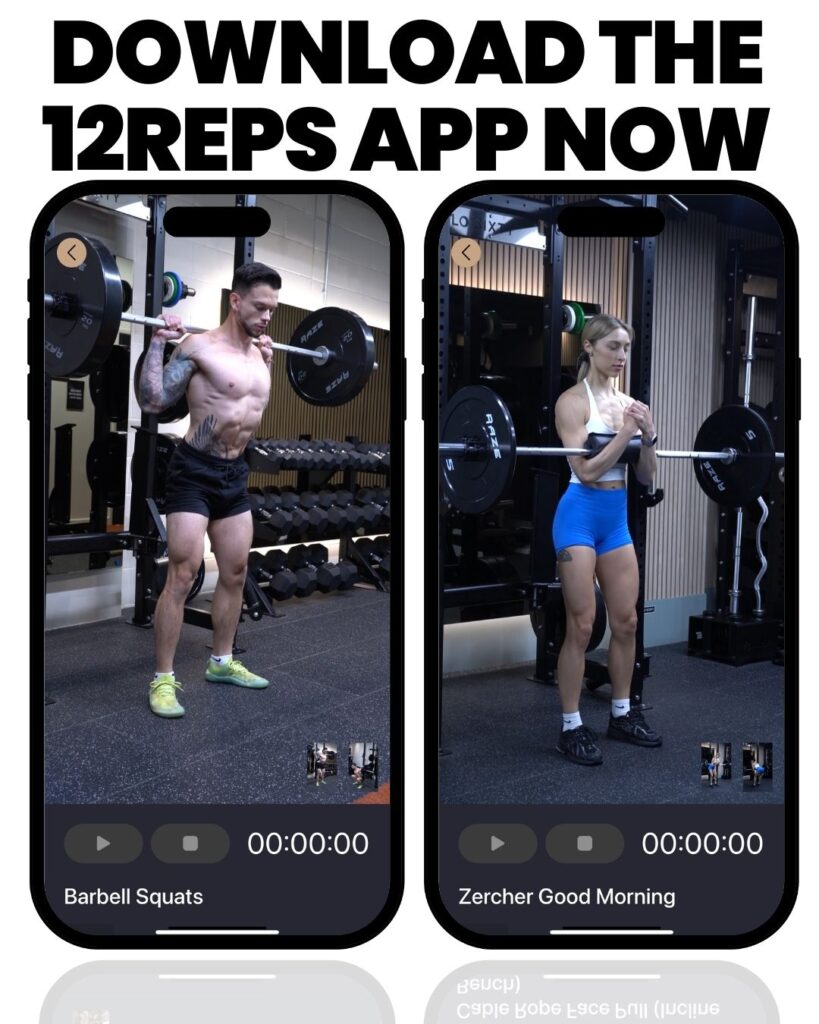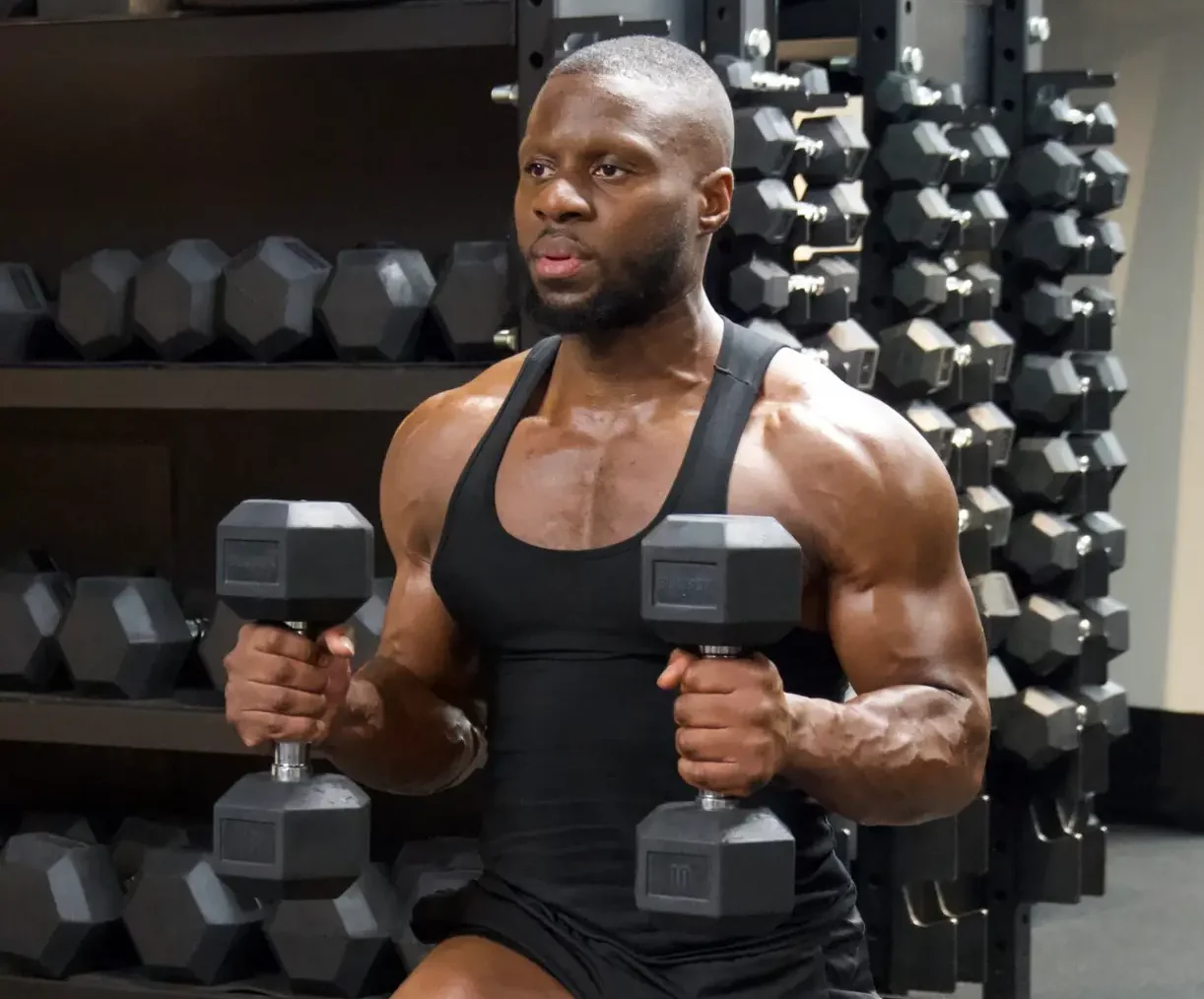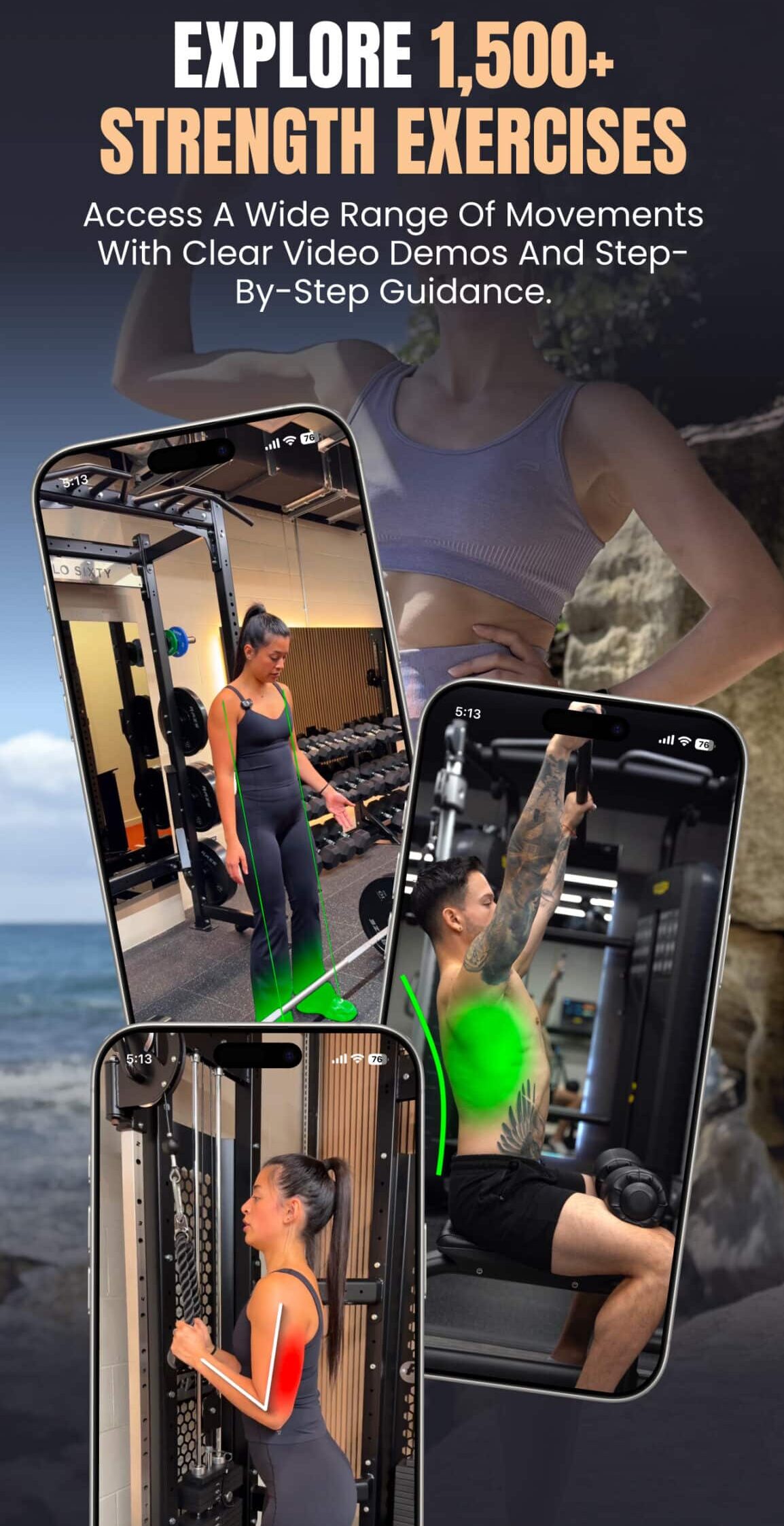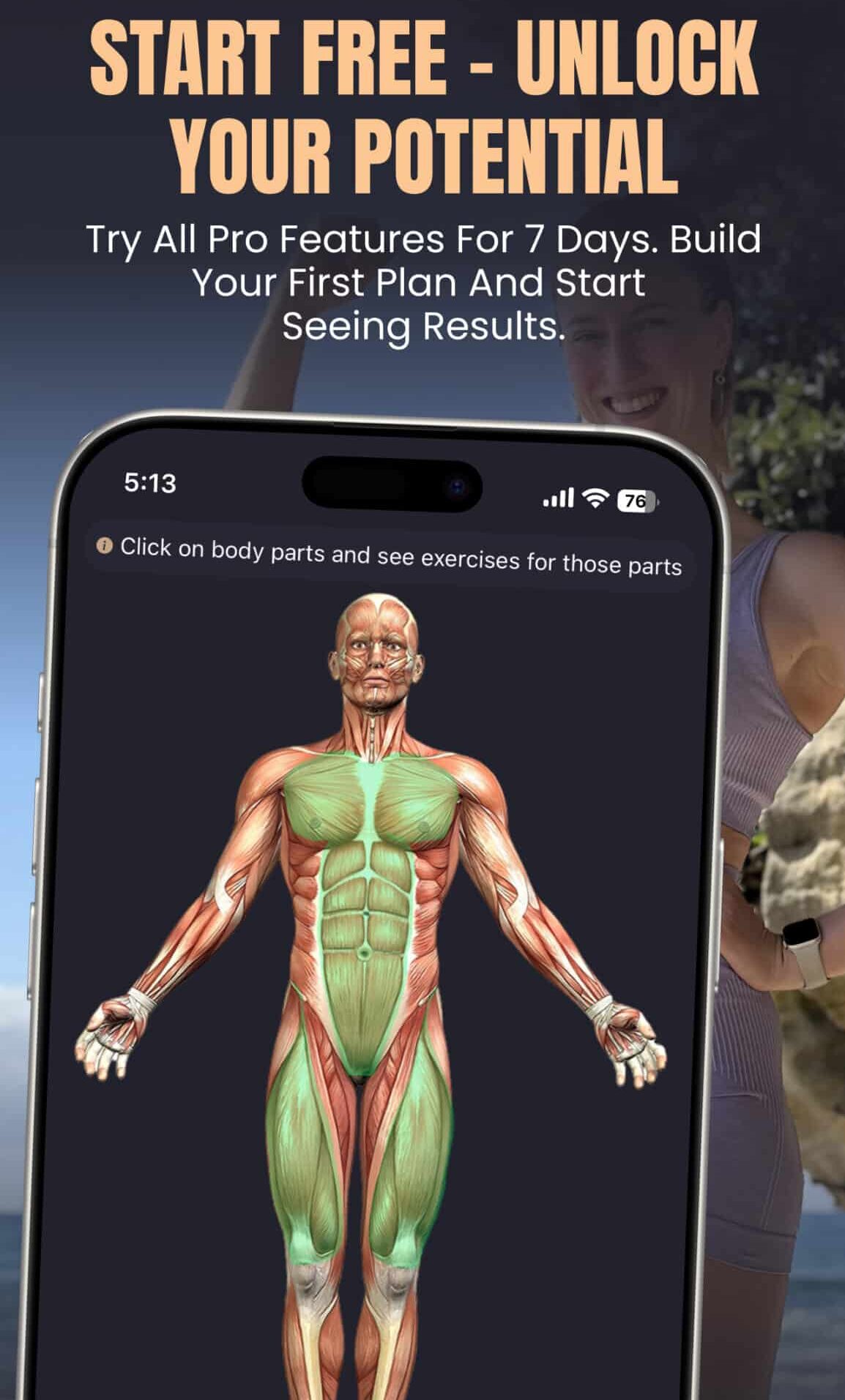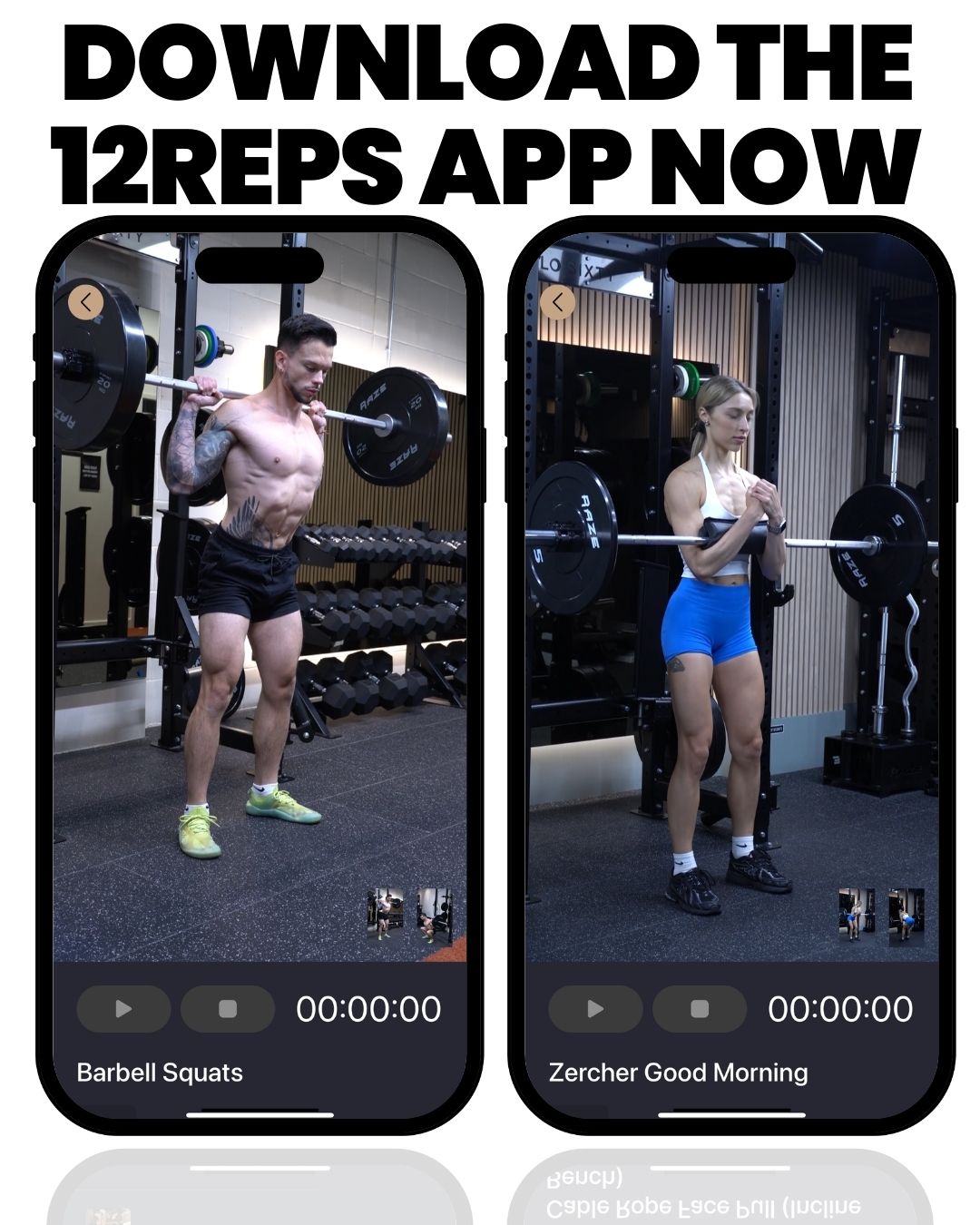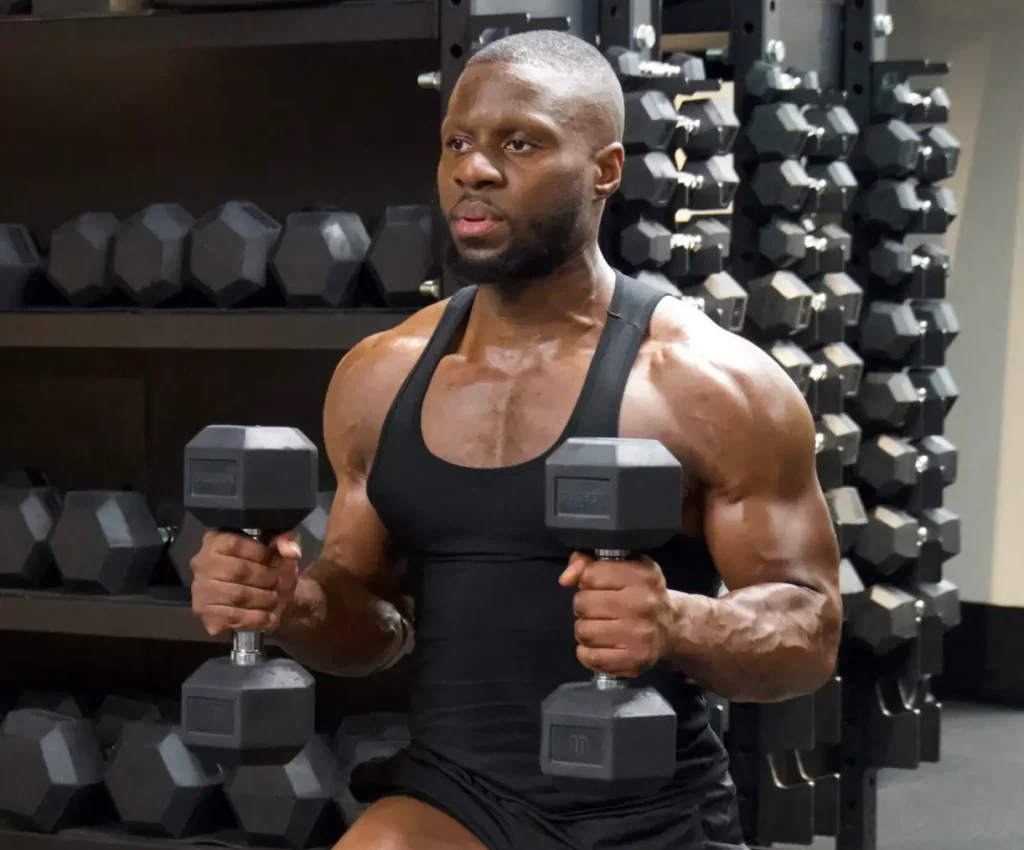By Will Duru, BSc (Hons) Sport and Exercise Science, Award-winning Personal Trainer with over 10 years of experience in strength training and optimising recovery
One of the most common questions I get as a personal trainer is about nutrition timing. “What should I eat before my workout?” “How soon after training should I eat?” “Does it really matter when I eat?” These are all excellent questions that show people are thinking seriously about optimising their results.
My name is Will Duru, and with a BSc (Hons) in Sport and Exercise Science and over 10 years of experience as an award-winning personal trainer, I’ve spent countless hours helping clients understand how proper nutrition timing can enhance their training results. The truth is, while total daily nutrition is the most important factor, strategic timing of your meals can give you that extra edge in performance and recovery.
In this article, we’ll explore the science behind pre- and post-workout nutrition, discuss practical timing strategies, and look at how modern tools like a muscle-building planner and tracker app can help you optimise your nutrition timing. Whether you’re using a basic workout tracker or a comprehensive nutrition and training system, understanding when and what to eat around your workouts can make a real difference in your results.

Pre-Workout Nutrition Timing and Choices
Big idea
The right pre-workout food can make or break your session.
Match food to the time you have before training.
30–60 minutes before: light carbs and protein
Go for easy-to-digest fuel. Quick energy.
Simple carbs work best here.
Good picks: a banana or an apple.
Bananas give fast carbs and potassium for muscle function.
Add a small protein hit if you want: a protein shake or Greek yoghurt.
Keep portions small.
Avoid high-fat or high-fibre foods. They slow digestion and can upset your stomach.
Start training with a light stomach and ready fuel in your muscles.
2–3 hours before: balanced meal
You have time to digest. Eat a balanced meal.
Carbs + protein + healthy fats.
Examples: chicken or fish with rice or sweet potato, plus vegetables.
Carbs give steady energy. Protein protects muscle and supports recovery.
The International Society of Sports Nutrition notes pre-exercise nutrition can boost strength and body composition [1].
Meal size and timing affect how urgent your post-workout eating needs to be [1].
A solid pre-workout meal can extend the anabolic window. Useful for early sessions or busy days.
Hydration
Start early.
16–20 oz water 2–3 hours before training.
8 oz 15–30 minutes before.
Take 30–60 g carbs per hour in a 6–8% carb–electrolyte drink [1].
Helps keep blood sugar steady and limits dehydration.
Performance stays higher, longer.
For sessions over 60 minutes or very intense:
Bottom line
Short window: simple carbs, tiny protein, low fat, low fiber.
Longer window: balanced meal with carbs, protein, and some fats.
Hydrate on a schedule, not just when thirsty.
Do this and you set yourself up for a strong session.

Post-Workout Recovery Nutrition
What you eat after your workout is just as important as what you eat before it. The post-exercise period is when your body repairs damaged muscle tissue, replenishes energy stores, and adapts to the training stimulus you’ve provided.
30-minute anabolic window
You’ve probably heard about the “anabolic window” – the idea that you have a limited time after your workout to maximise muscle growth and recovery. While this concept has been somewhat overstated in popular fitness culture, there is scientific merit to consuming nutrients relatively soon after exercise.
However, recent research has challenged the traditional view of a narrow 30-minute window. A comprehensive review by Aragon and Schoenfeld found that the anabolic window may actually be much wider than previously thought, potentially lasting 4-6 hours around your training session [2]. This means that while post-workout nutrition is important, you don’t need to panic if you can’t eat immediately after your last set.
The urgency of post-workout nutrition largely depends on when you last ate before training. If you had a substantial meal 2-3 hours before your workout, the immediate need for post-exercise nutrition is less critical than if you trained in a fasted state. This is why understanding the relationship between pre and post-workout nutrition is so important.
Protein requirements (20-40g)
The research is clear on post-workout protein requirements. The International Society of Sports Nutrition recommends consuming 20-40 grams of high-quality protein (0.25-0.40g per kg of body weight) immediately to 2 hours post-exercise to stimulate robust increases in muscle protein synthesis [1].
This protein dose should contain approximately 10-12 grams of essential amino acids to maximize muscle protein synthesis rates. High-quality protein sources like whey protein, lean meats, eggs, or dairy products are ideal because they contain all essential amino acids in the right proportions.
The beauty of this recommendation is its flexibility. A 150-pound person would need about 17-27 grams of protein, while a 200-pound person would need about 23-36 grams. This can easily be achieved with a protein shake, a chicken breast, or a large serving of Greek yogurt. The key is consistency – making sure you hit this target after most of your training sessions.
Carbohydrate replenishment
While protein gets most of the attention in post-workout nutrition discussions, carbohydrates play an equally important role in recovery. During resistance training, your muscles use stored carbohydrates (glycogen) for energy. Research shows that a single set performed to failure can deplete muscle glycogen by 12%, while three sets can cause a 24% decrease [2].
For most people doing typical gym workouts, consuming 0.5-1.0 grams of carbohydrates per kilogram of body weight within 2 hours post-exercise is sufficient to replenish glycogen stores. This translates to about 35-70 grams of carbohydrates for a 150-pound person. Good post-workout carbohydrate sources include fruits, rice, potatoes, or even chocolate milk.
The combination of protein and carbohydrates post-workout is particularly powerful. The carbohydrates help shuttle amino acids into muscle cells and provide energy for the recovery process, while the protein provides the building blocks for muscle repair and growth.
Here is a table summarising optimal post-workout nutrition timing and amounts:
Nutrient | Amount | Timing | Examples |
Protein | 20-40g (0.25-0.40g/kg) | Immediately to 2 hours | Whey shake, chicken breast, Greek yogurt |
Carbohydrates | 0.5-1.0g/kg body weight | Within 2 hours | Banana, rice, sweet potato |
Fluids | 16-24 oz per pound lost | Throughout recovery | Water, sports drinks |
Tracking Nutrition with Your Workout Planner
Managing nutrition timing manually can be challenging, especially when you’re juggling work, family, and training commitments. This is where technology can be incredibly helpful. A good muscle-building planner and tracker appcan take the guesswork out of nutrition timing and help you stay consistent with your eating schedule.
How 12reps integrates nutrition tracking
The 12reps app goes beyond just tracking your workouts – it integrates nutrition planning with your training schedule to optimise your results. When you log a workout, the app automatically calculates your post-workout nutrition needs based on the type and intensity of training you completed.
For example, after a heavy leg workout, the app might recommend a higher carbohydrate intake to replenish the glycogen you’ve depleted. After an upper body session, it might focus more on protein timing to support muscle recovery. This intelligent integration ensures that your nutrition strategy matches your training demands.
The app also considers your overall goals when making nutrition recommendations. If you’re trying to build muscle, it might suggest larger post-workout meals. If you’re focused on fat loss, it might recommend smaller, more frequent meals that still support recovery but don’t exceed your caloric needs.
Meal timing reminders
One of the most practical features of using a workout tracker with nutrition integration is the reminder system. The app can send you notifications about when to eat based on your training schedule. If you have a workout planned for 6 PM, it might remind you to have a pre-workout snack at 5 PM and suggest what to eat.
These reminders are particularly helpful for people with busy schedules who might otherwise forget to eat at optimal times. The app learns your routine and can even suggest meal prep strategies to ensure you always have the right foods available when you need them.
The timing reminders also help you develop better habits over time. After a few weeks of following the app’s suggestions, you’ll start to naturally think about nutrition timing without needing the reminders. This is how technology can help you build lasting, healthy habits.
Hydration tracking features
Proper hydration is often the most overlooked aspect of workout nutrition, but it’s absolutely critical for performance and recovery. The 12reps app includes hydration tracking features that remind you to drink water throughout the day and increase your intake around workouts.
The app can track your fluid intake and remind you to drink more based on factors like workout intensity, duration, and environmental conditions. If you’re training in hot weather or doing a particularly intense session, it will adjust your hydration recommendations accordingly.
Some advanced features even allow you to log how you feel during workouts, and the app can correlate this with your hydration status. Over time, you’ll learn exactly how much fluid you need to feel and perform your best.
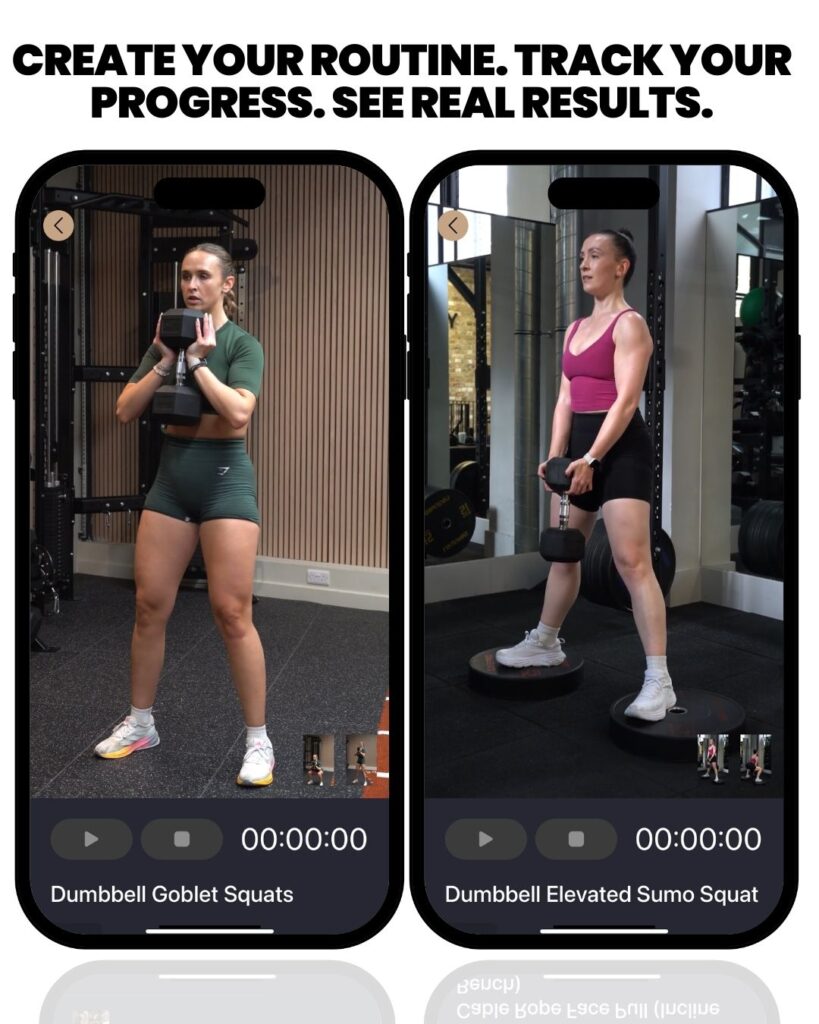
Conclusion
Proper nutrition timing can significantly enhance your workout performance and recovery, but it doesn’t have to be complicated. The key principles are simple: eat a balanced meal 2-3 hours before training or a light snack 30-60 minutes before, and consume 20-40 grams of protein plus some carbohydrates within a few hours after your workout.
While the traditional “anabolic window” may not be as narrow as once believed, consistent post-workout nutrition is still important for optimal results. The exact timing is less critical than many people think, but having a plan and sticking to it will serve you well.
Using a muscle-building planner and tracker app, such as 12reps, can help you implement these strategies consistently and adjust them based on your specific goals and schedule. The integration of nutrition tracking with workout planning takes the guesswork out of timing and helps you build sustainable habits.
Remember, nutrition timing is just one piece of the puzzle. Your total daily intake of calories, protein, carbohydrates, and fats is more important than perfect timing. But when you get both the totals and the timing right, that’s when you’ll see the best results from your training efforts.
